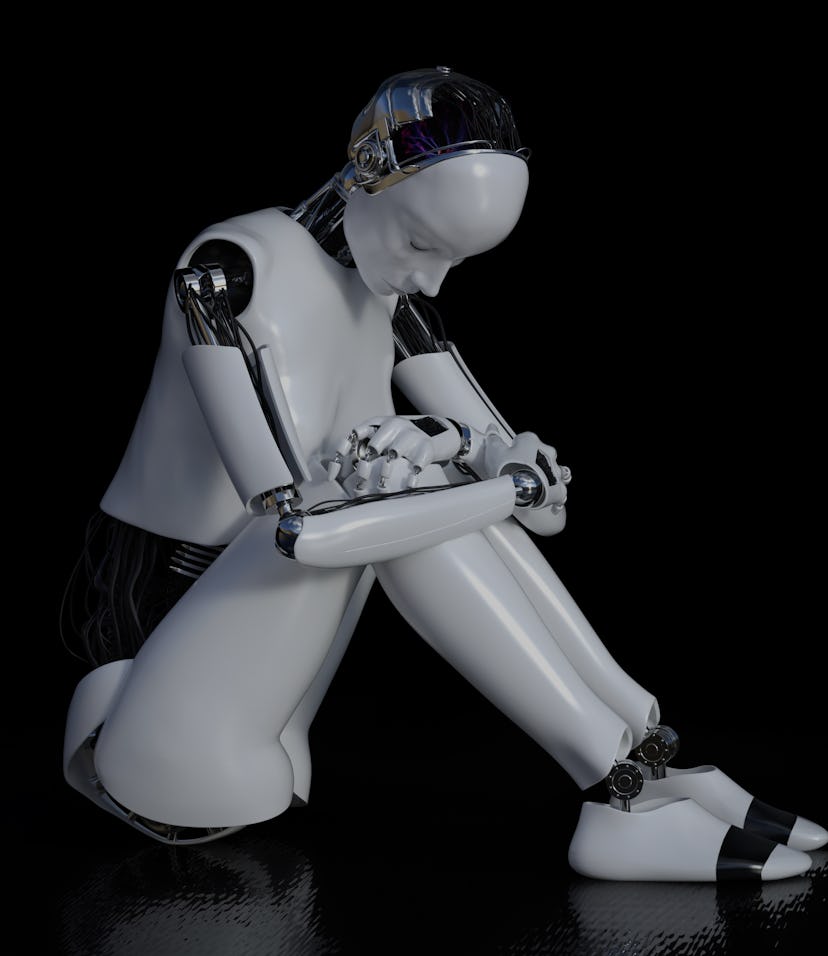Culture
Most people think robots can only handle simple tasks and aren't very funny
Good thing robots aren't sentient or this would be bad for morale.

No matter how hard the tech industry tries to humanize robots, actual humans are still reluctant to warm up to the machines. Two studies report that when asked to assess the social skills of robots, most people responded by saying they found the robots unfunny. Ouch.
Not only that, participants perceived robots to be incompetent. What's interesting is that the studies were originally launched to understand and spot any gender bias for robots in participants. It turns out that people don't care if the robot is perceived to be female or male. They just don't dig 'em.
Competency, not gender, was a huge deal — One of the studies, titled Why Should We Gender?: The Effect of Robot Gendering and Occupational Stereotypes on Human Trust and Perceived Competency, was conducted by De'Aira Bryant, Jason Borenstein, and Ayanna Howard for the Association for Computing Machinery. The original plan of this study was to detect gender bias in participants but researchers found that occupational efficiency was a bigger concern for those involved in the research.
The paper reports:
Our study suggests that perceived occupational competency is a better predictor for human trust than robot gender or participant gender. As such, gendering in robot design should be considered critically in the context of the application by designers. Such precautions would reduce the potential for robotic technologies to perpetuate societal gender stereotypes.
How about a comedian robot? — A total of 200 participants logged their views in these two studies, many reporting a lack of trust in robots when it came to surgical tasks or surveillance. They also didn't find the robots amusing. But when it came to simple tasks like delivery or desk receptionist, participants eased up to these machines. It's possible that these participants are pretty aware of the various glitches and accidents robots have had over the years, and that caution informs their opinion.
Some good news — It's great that robots are incapable (at least right now) of feeling. If there was such a thing like a sentient bot, these findings would probably hurt its morale. But as the researchers point out, robots aren't becoming obsolete even if it's clear people don't like them. They can be helpful for social interaction or, as we see right now, help overwhelmed medical staff. The idea, according to Howard, is to focus on increasing occupational trust, not slapping gender roles on bots.